Previously, public opinion was very indignant, directing criticism towards the Ministry of Education and Training about the shortage of teachers. However, behind this story there are things that are also very difficult to say when the education sector only has enough authority to propose and recommend.
Regarding decentralization and teacher management, the vertical sector is the Ministry of Home Affairs , the Ministry of Education and Training cannot appoint a vertical system, cannot rotate teachers. At the local level, the director of the Department of Education and Training does not have the right to transfer teachers from one district to another, even though some places have a surplus and others lack. Even in the local appointment of the director of the Department of Education and Training, in recent years, the Ministry of Education and Training has not been consulted, not to mention the right to propose.
A director of the Department of Education and Training explained that in his locality in recent years, the process of recruiting teachers has been very complicated and the role of the education sector (the place that directly employs and evaluates capacity) is extremely unclear. Every year, the Department reviews the plan to develop the school network from the grassroots to the district level, synthesizes it and submits it to the Provincial People's Committee for approval. After that, the Department coordinates with the Department of Home Affairs, based on the number of employees according to the regulations of the Ministry of Education and Training, the allocation quota of the Ministry of Home Affairs and the Central Organization Committee to guide the units to develop a team plan.
Once the staff plan is completed, it must be submitted to the Provincial People's Committee and Provincial People's Council for approval and staffing quotas assigned to the units. Based on the number of employees and assigned labor contracts, the educational program for each subject, the units determine the need for admission and recruitment and send it to the Department of Home Affairs for appraisal to submit to the Chairman of the Provincial People's Committee for approval of the admission and recruitment plan for teachers for each school year.
The recruitment process has gone through too many stages and layers, leading to "blockages" and delays, causing the country to currently lack 120,000 teachers, of which 72,000 positions have been assigned but have not been recruited. Not to mention the content and method of recruiting teachers are equated with all other civil servants, causing the professional characteristics of teachers to be ignored, and professional and pedagogical expertise to not be promoted...
Therefore, the proposal to give the right to recruit teachers to the education sector has met with almost no opposition. Not only education experts but also the Ministry of Internal Affairs and the majority of National Assembly deputies highly agreed and believed that this would be a policy that could remove bottlenecks in the recruitment and use of teachers.
However, it is also necessary to clarify that empowering the education sector does not mean only the ministry, department, or office of education and training, but it needs to be strongly decentralized to each school and each educational institution. That power must be linked to the responsibility for the quality of the recruitment team according to the management hierarchy. The Law on Teachers is being discussed by the National Assembly and it is hoped that the above-mentioned bottleneck will soon be resolved.
Source: https://thanhnien.vn/thao-diem-nghen-tuyen-giao-vien-185241122230351848.htm




![[Photo] Parade to celebrate the 50th anniversary of Laos' National Day](/_next/image?url=https%3A%2F%2Fvphoto.vietnam.vn%2Fthumb%2F1200x675%2Fvietnam%2Fresource%2FIMAGE%2F2025%2F12%2F02%2F1764691918289_ndo_br_0-jpg.webp&w=3840&q=75)


![[Photo] Worshiping the Tuyet Son statue - a nearly 400-year-old treasure at Keo Pagoda](/_next/image?url=https%3A%2F%2Fvphoto.vietnam.vn%2Fthumb%2F1200x675%2Fvietnam%2Fresource%2FIMAGE%2F2025%2F12%2F02%2F1764679323086_ndo_br_tempimageomw0hi-4884-jpg.webp&w=3840&q=75)


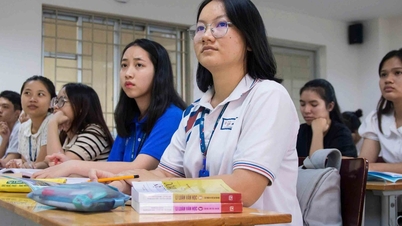
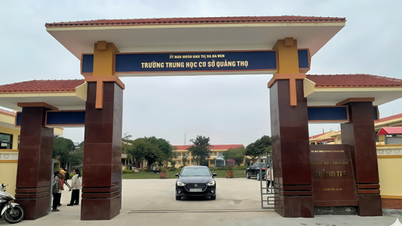

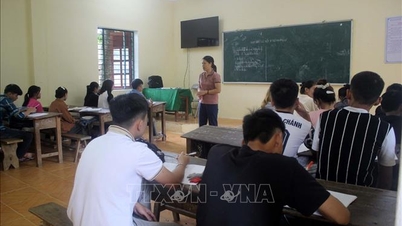

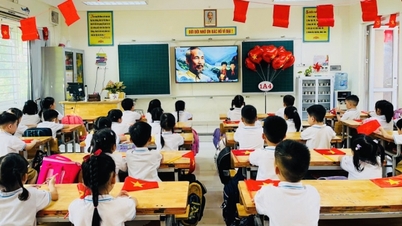
















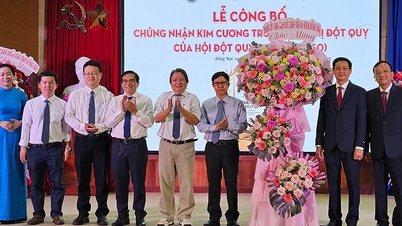





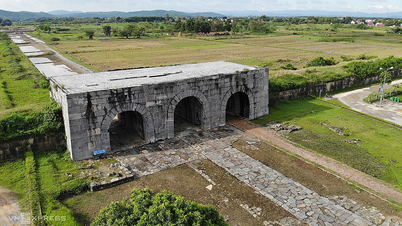
































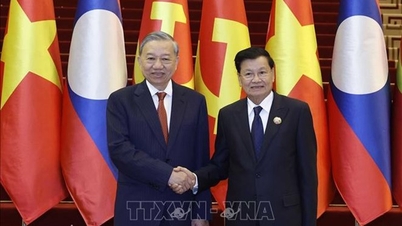

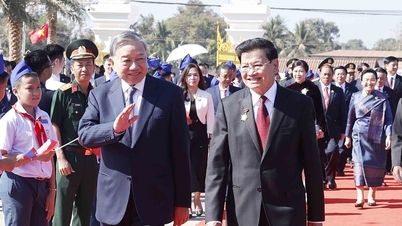



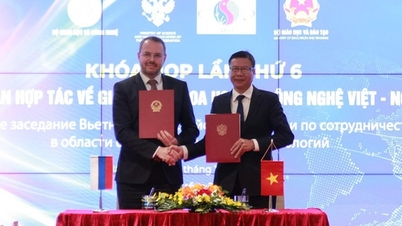
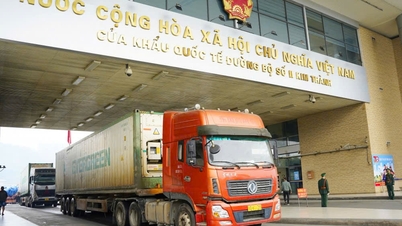



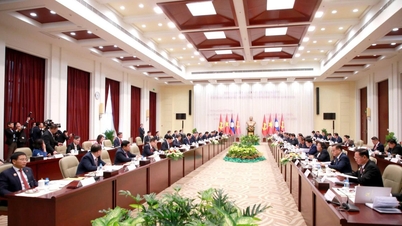



























Comment (0)